From the Director
The past academic year was an extraordinary time of growth for the Cogut Institute, as key projects came to fruition. The Environmental Humanities at Brown (EHAB) initiative, which has been an important part of the institute since 2018, was elevated into a full-fledged center, directed by environmental scholar Macarena Gómez-Barris. This new center, housed within the institute, will have the capacity and infrastructure to advance critical research and curricula in the coming years. We also established our first multi-year collaborative humanities lab, “Models-Scale-Context: AI and the Humanities,” led by historian Holly Case and computer scientist Suresh Venkatasubramanian. It is thrilling to see the constellation of leaders and projects within the institute expand in this way. These new formations join a series of initiatives that have been making vital contributions over the past year, including the Disability Studies Working Group, which has sponsored events and networking opportunities, as well as the popular Film-Thinking series, which combines eclectic film showings with dynamic panel discussions and audience Q&A.
This is a vibrant and transformative time in the humanities, and we are excited to be a part of it. Despite claims regularly made in the media that the academic humanities are in decline, the work we do is increasingly important in the face of global challenges such as climate change, artificial intelligence, and public health. In our increasingly interconnected world, policy makers, scientists and technologists, and practitioners of all sorts turn to humanities experts for crucial perspectives on the historical and cultural archive and on questions of values and ethics. The humanities are also thriving on their own terms outside the academy, as the lively world of book and film criticism, podcasts, and online cultural commentary attests.
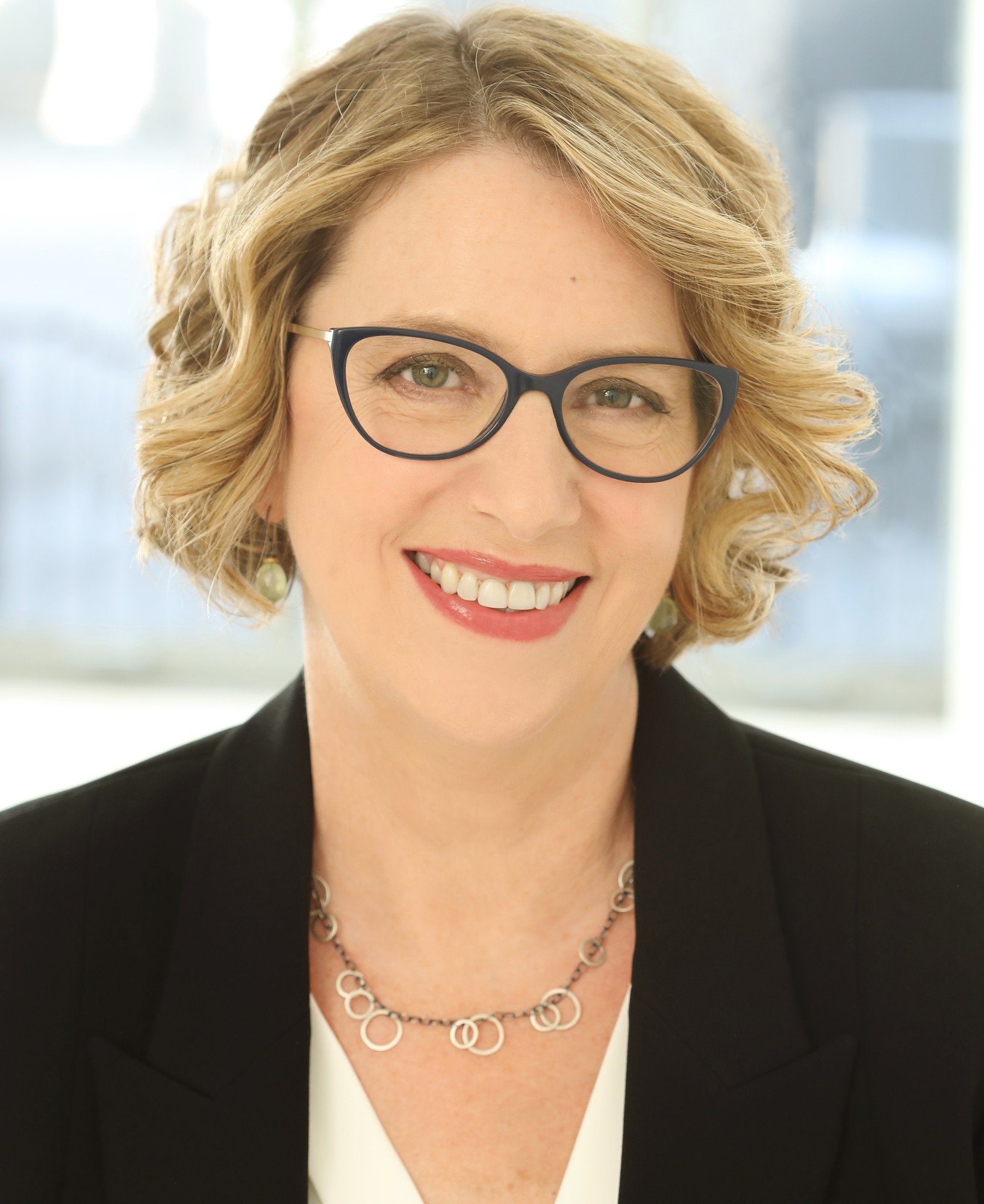
.jpg)
.jpg)
.jpg)
.jpg)
.jpg)
.jpg)
.jpg)
.jpg)
.jpg)
.jpg)
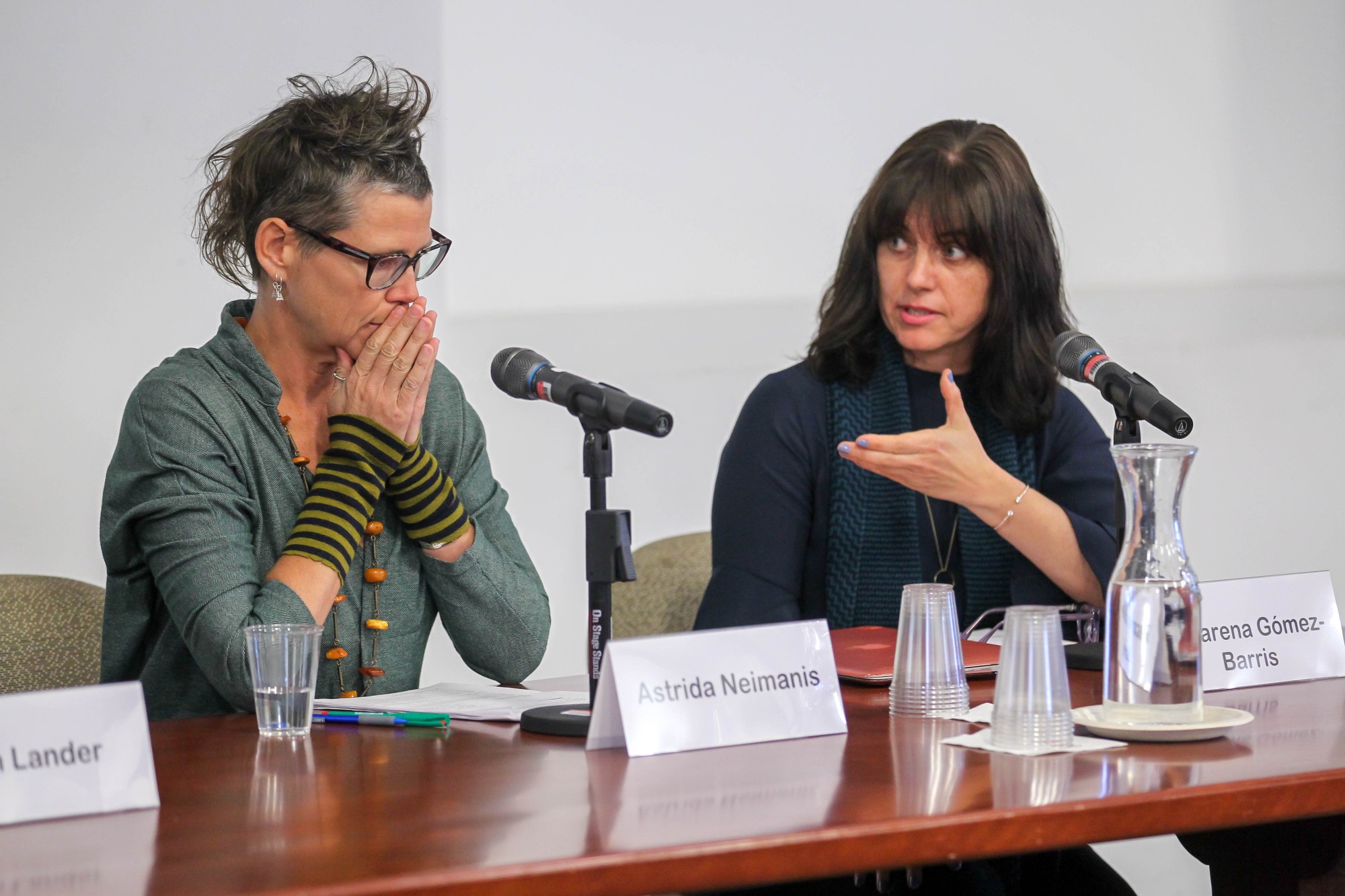
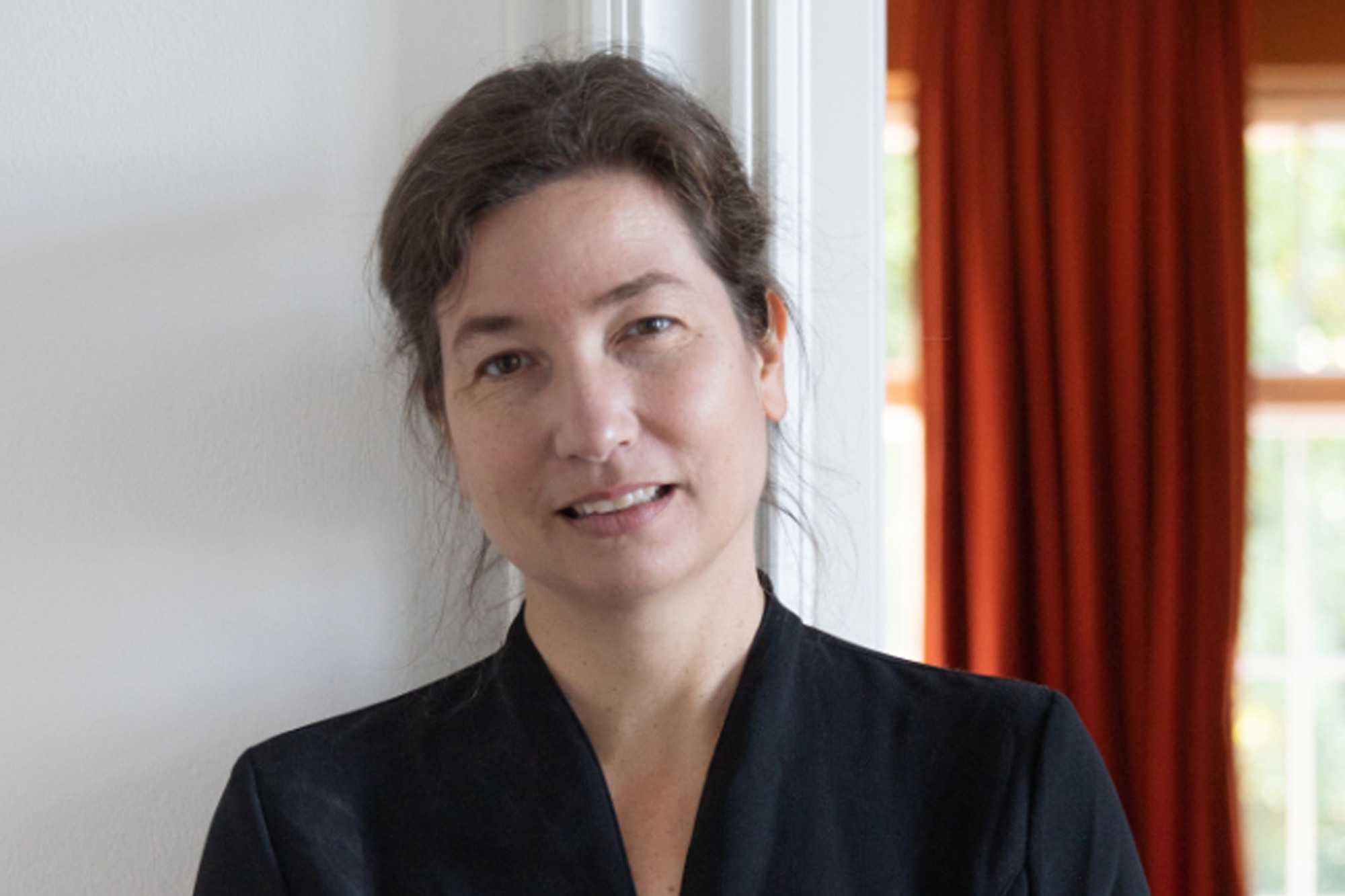
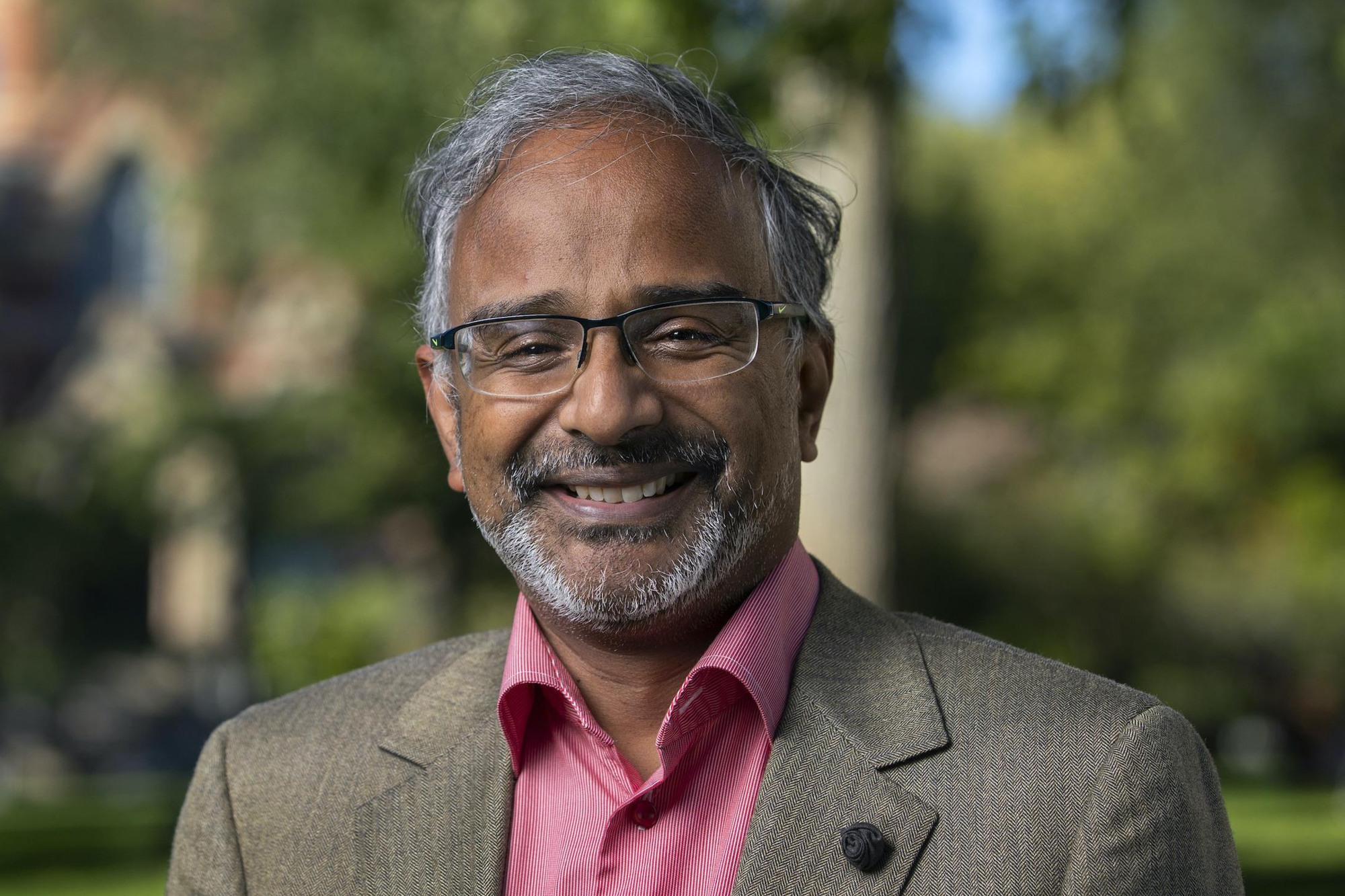
.jpg)
.jpg)
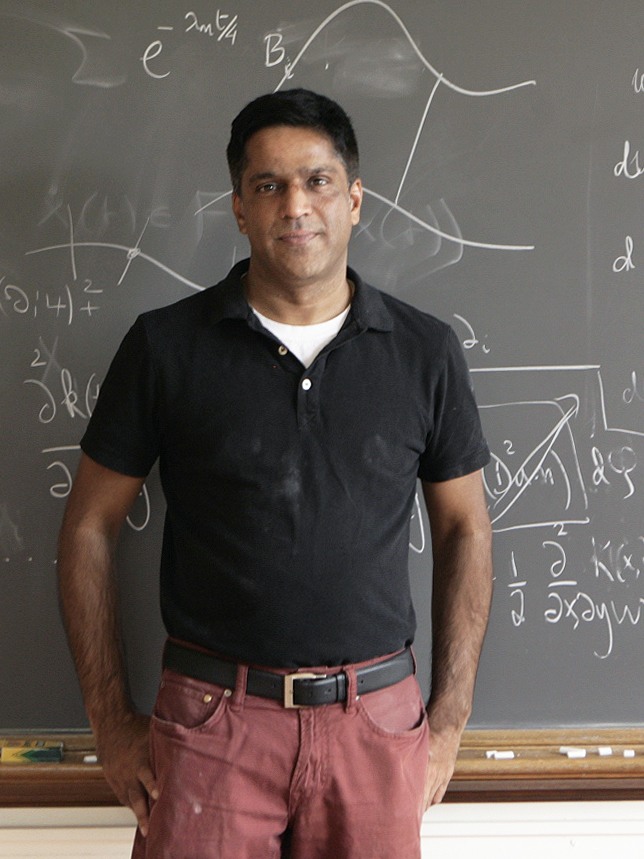
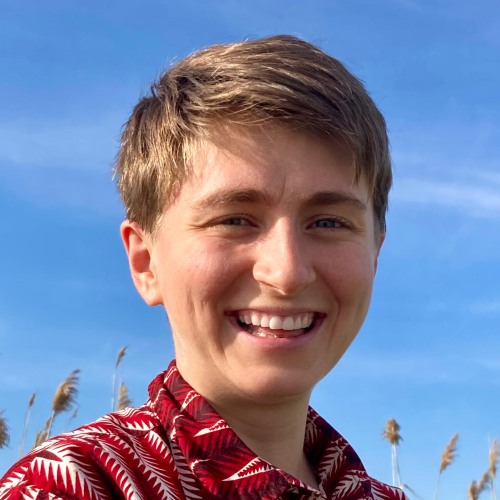
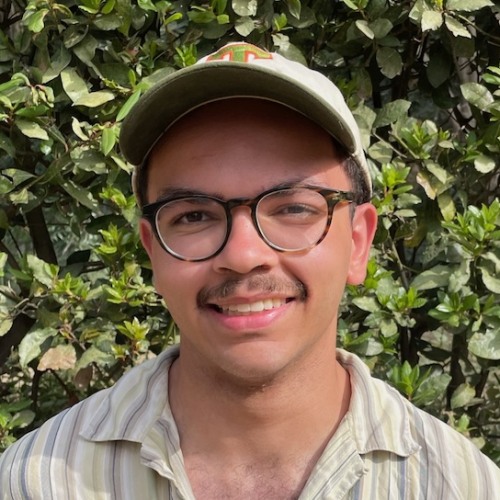
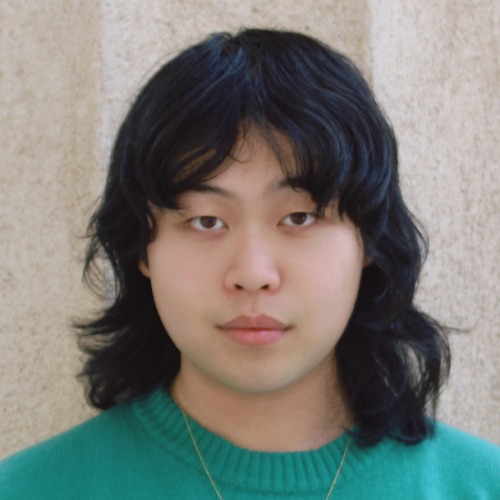
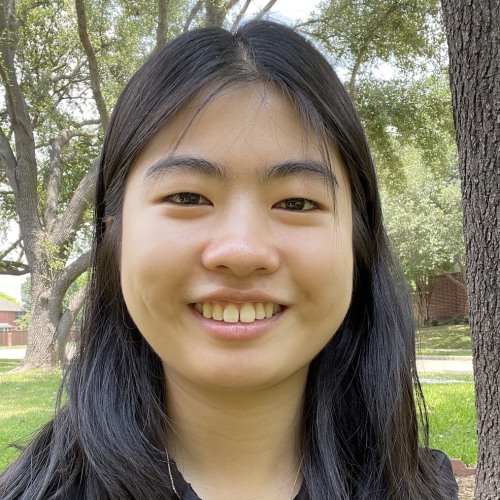
.jpg)
.jpg)
.jpg)